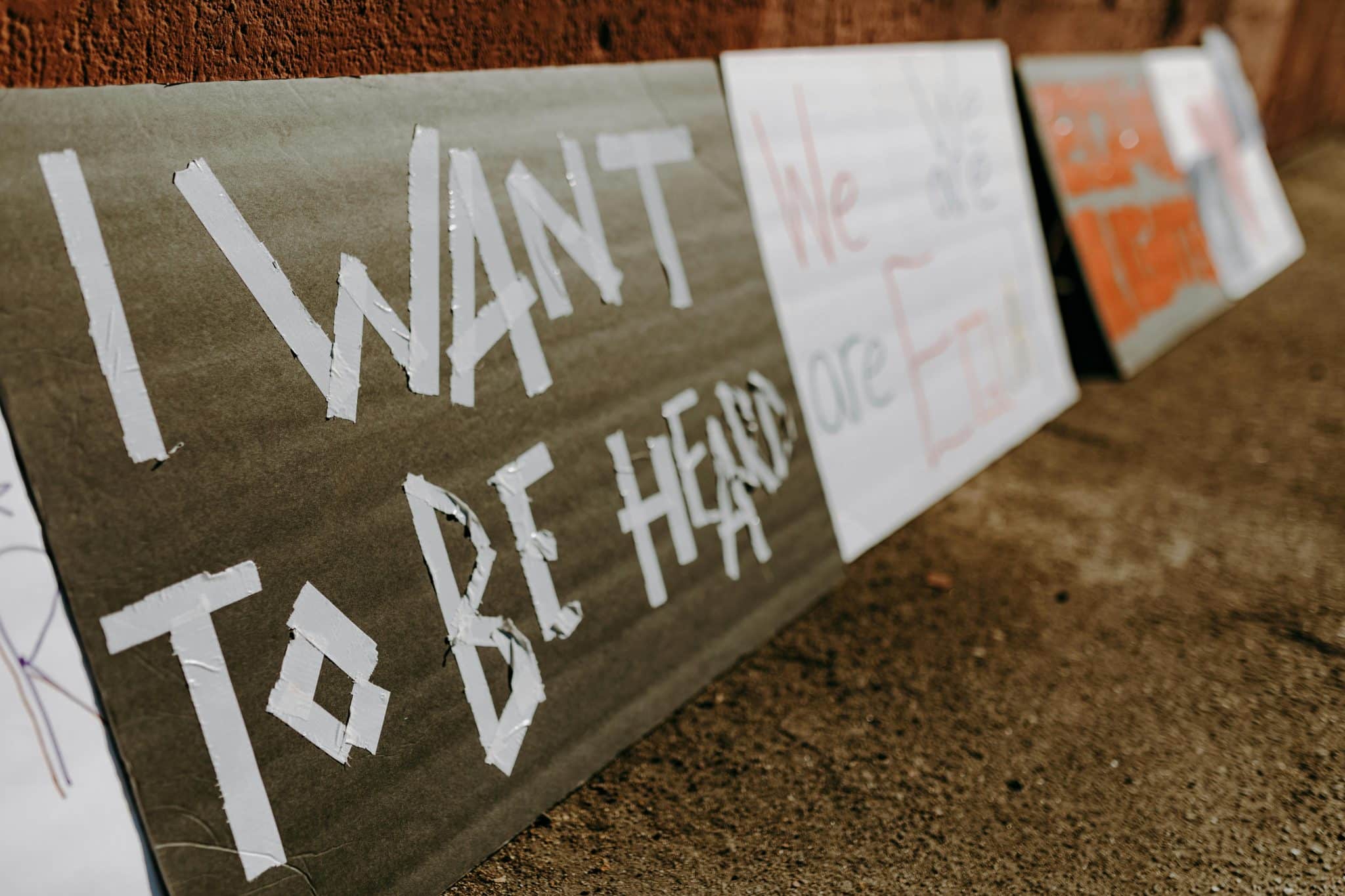Human Rights Violations and International Accountability
–>
Human rights are the fundamental rights and freedoms that every individual is entitled to, regardless of their nationality, race, religion, gender, or any other status. These rights are protected under international law to ensure the safety, dignity, and equality of all human beings. However, despite ongoing efforts by the international community to uphold human rights, violations continue to occur around the world. This raises the question of who is held accountable for these violations. In this article, we will explore human rights violations and international accountability.
The Prevalence of Human Rights Violations
The violation of human rights is not a new phenomenon. Throughout history, there have been various instances of gross human rights violations, including genocide, crimes against humanity, and war crimes. These violations are not limited to a certain region or country but occur worldwide, with devastating consequences for the victims and their communities.
Today, some of the most common human rights violations include discrimination, torture, unlawful detention, and restrictions on freedom of speech and expression. Additionally, new forms of violations have emerged, such as cyberbullying and online harassment, which have a severe impact on the mental well-being of individuals.
The Role of International Law
In response to human rights violations, the international community has established a framework of laws and treaties to protect the basic rights of individuals. The United Nations, for instance, has adopted the Universal Declaration of Human Rights, which outlines fundamental rights and freedoms that must be respected and protected by all member states. Moreover, the International Criminal Court (ICC) was established to hold individuals accountable for war crimes, genocide, and crimes against humanity.
However, despite these efforts, human rights violations continue to occur, highlighting the need for proper accountability mechanisms.
The Challenge of Accountability
Holding individuals accountable for human rights violations is a complex process that often faces numerous challenges. One of the primary challenges is the lack of political will by governments to investigate and prosecute perpetrators. In some cases, government officials themselves may be responsible for the violations, making it difficult to ensure accountability.
Additionally, some countries lack the necessary legal framework or resources to investigate and prosecute human rights violations. The fear of retaliation also prevents many victims and witnesses from coming forward and seeking justice.
Strengthening International Accountability
Despite the challenges, there have been significant efforts to strengthen international accountability for human rights violations. The establishment of the International Criminal Court, as mentioned earlier, is a crucial step towards ensuring accountability for serious crimes. The court has jurisdiction over individuals, regardless of their official capacity, and can prosecute individuals from any country.
Furthermore, the United Nations has set up mechanisms, such as fact-finding missions and commissions of inquiry, to monitor and report on human rights violations worldwide. These mechanisms can influence the international community’s response to the violations and exert pressure on governments to take appropriate action.
Educating and Empowering Individuals
To prevent human rights violations from occurring, there also needs to be a focus on education and empowerment. Individuals need to be aware of their rights, as well as the consequences of violating the rights of others. Education can help strengthen values of respect, empathy, and tolerance, creating a society that values and protects human rights.
Additionally, empowering individuals to speak up and seek justice is crucial. This can be achieved through legal aid, support for victims and witnesses, and creating safe spaces for them to come forward without fear of reprisal.
In Conclusion
Human rights violations continue to be a pressing issue, with severe consequences for individuals and their communities. It is the responsibility of governments and the international community to hold perpetrators accountable for their actions and prevent future violations from occurring. By strengthening accountability mechanisms and promoting education and empowerment, we can create a world where human rights are respected and protected for all.









